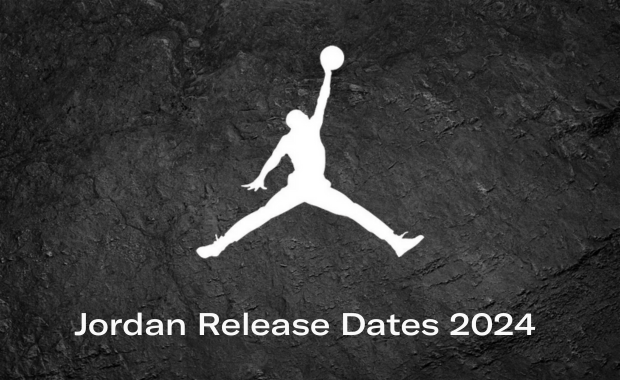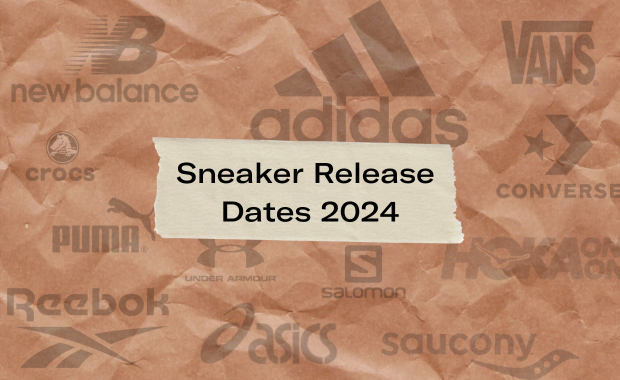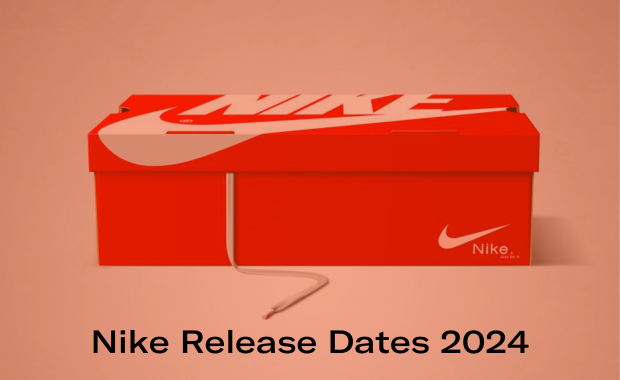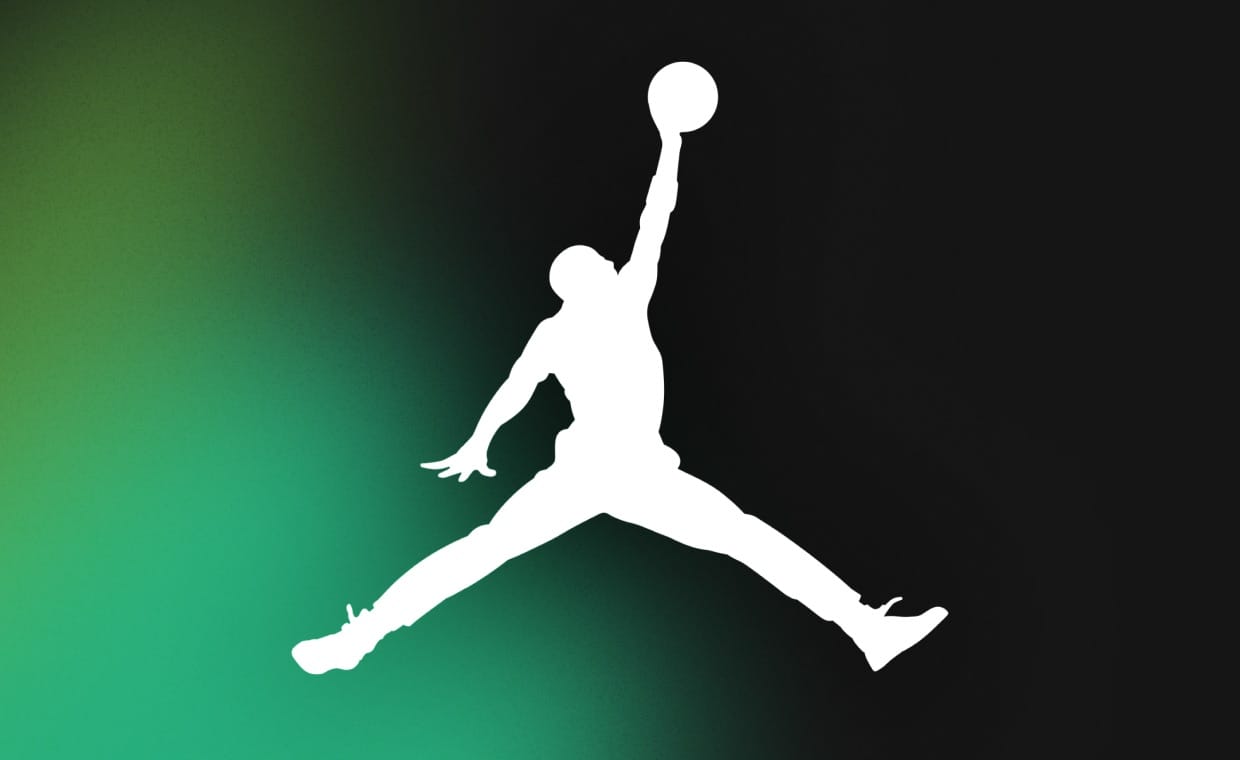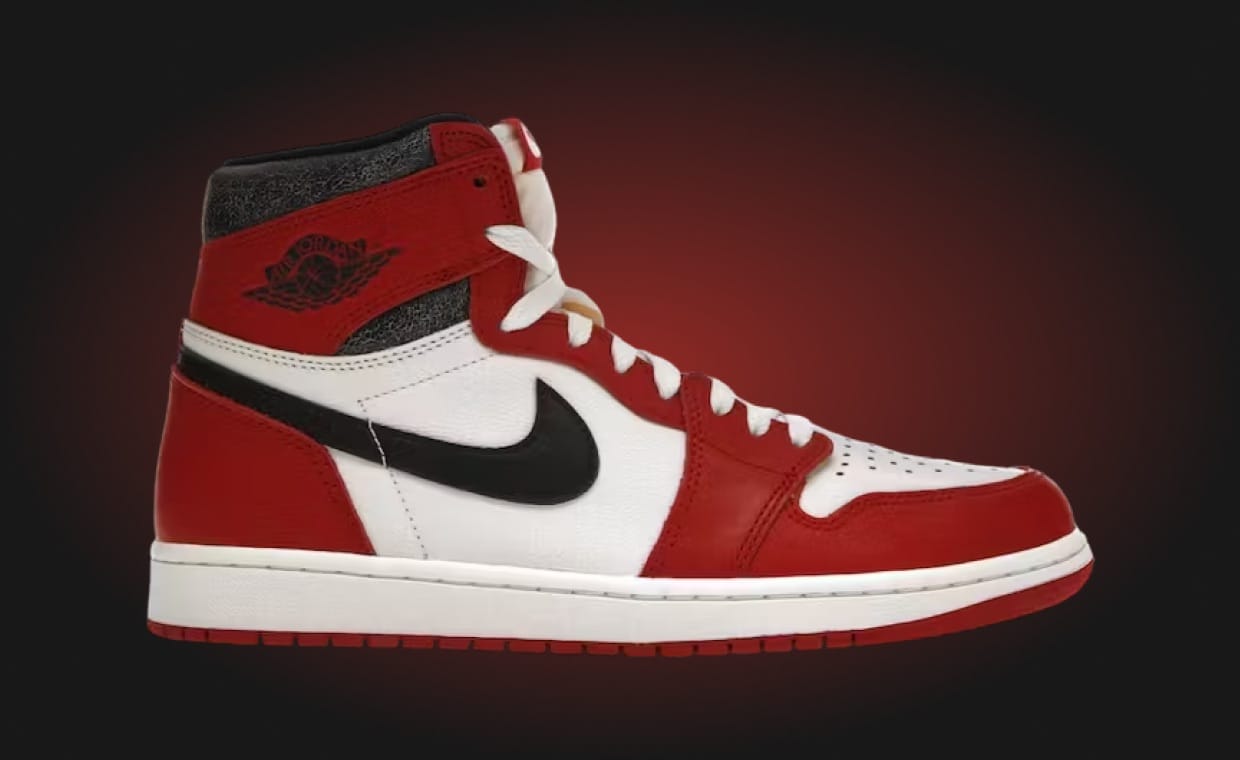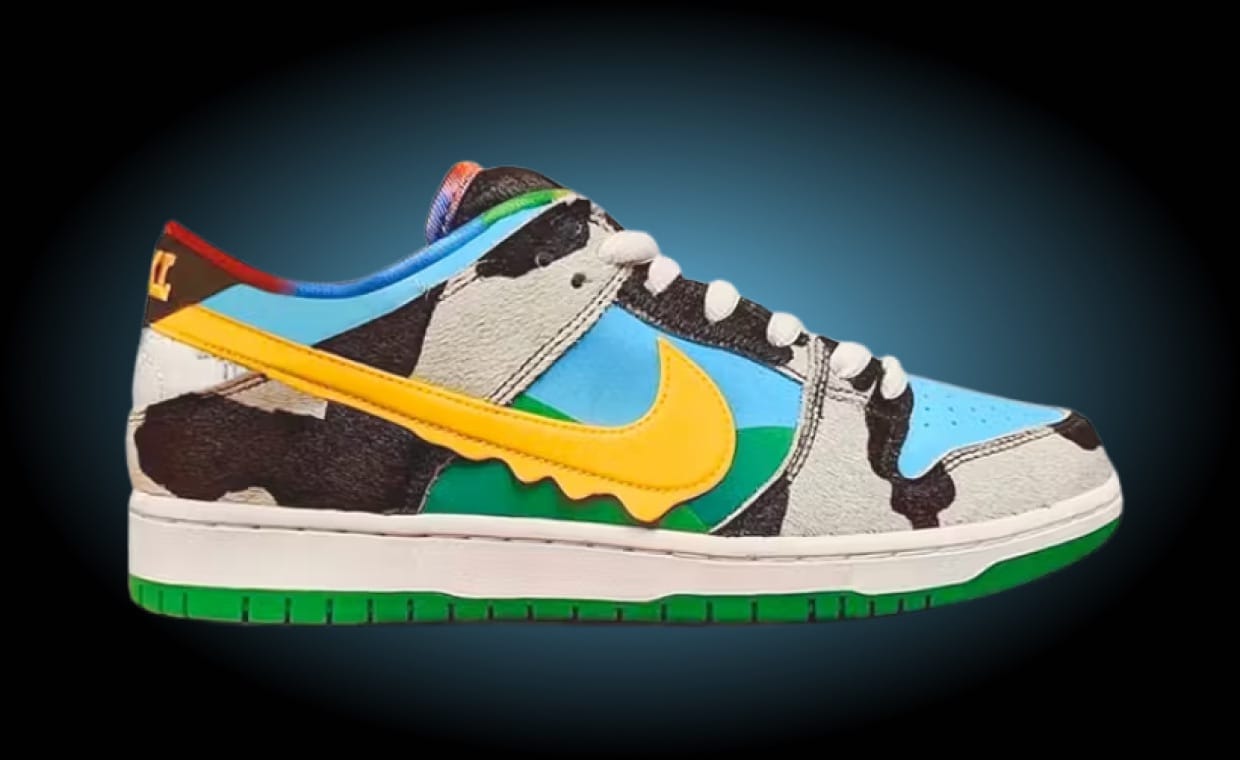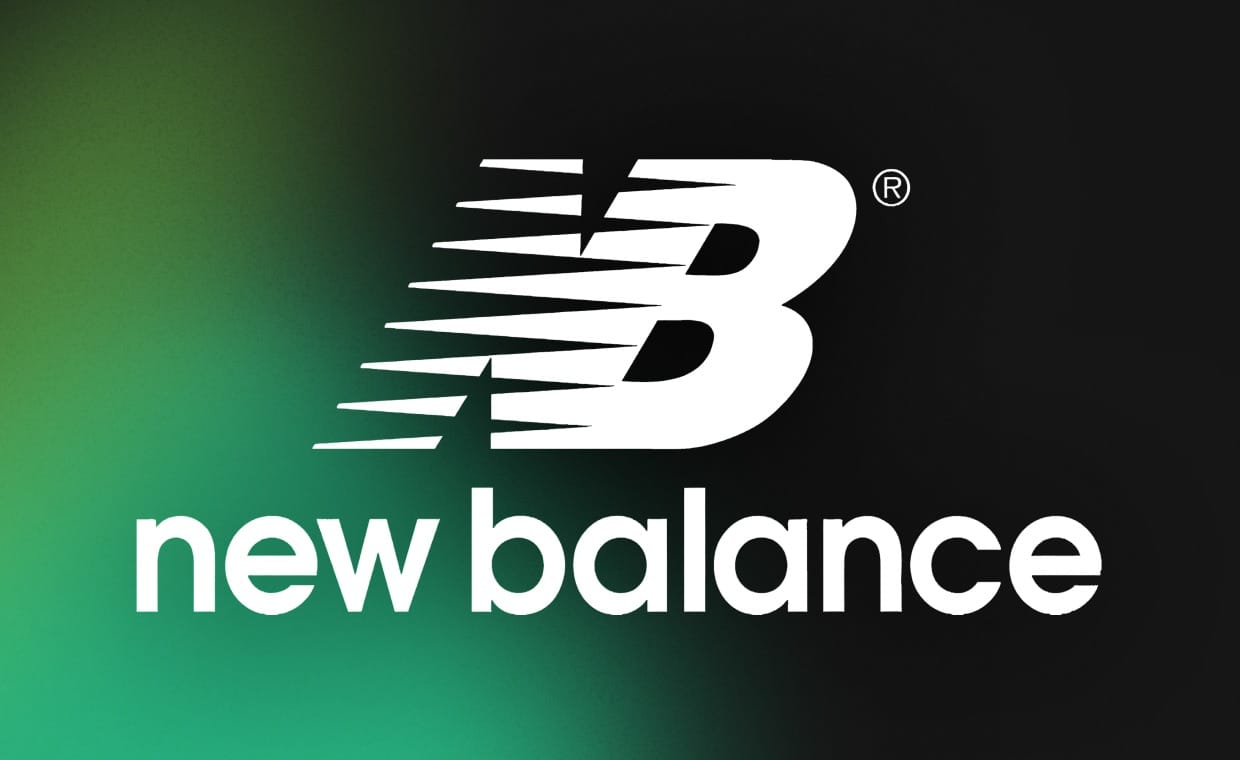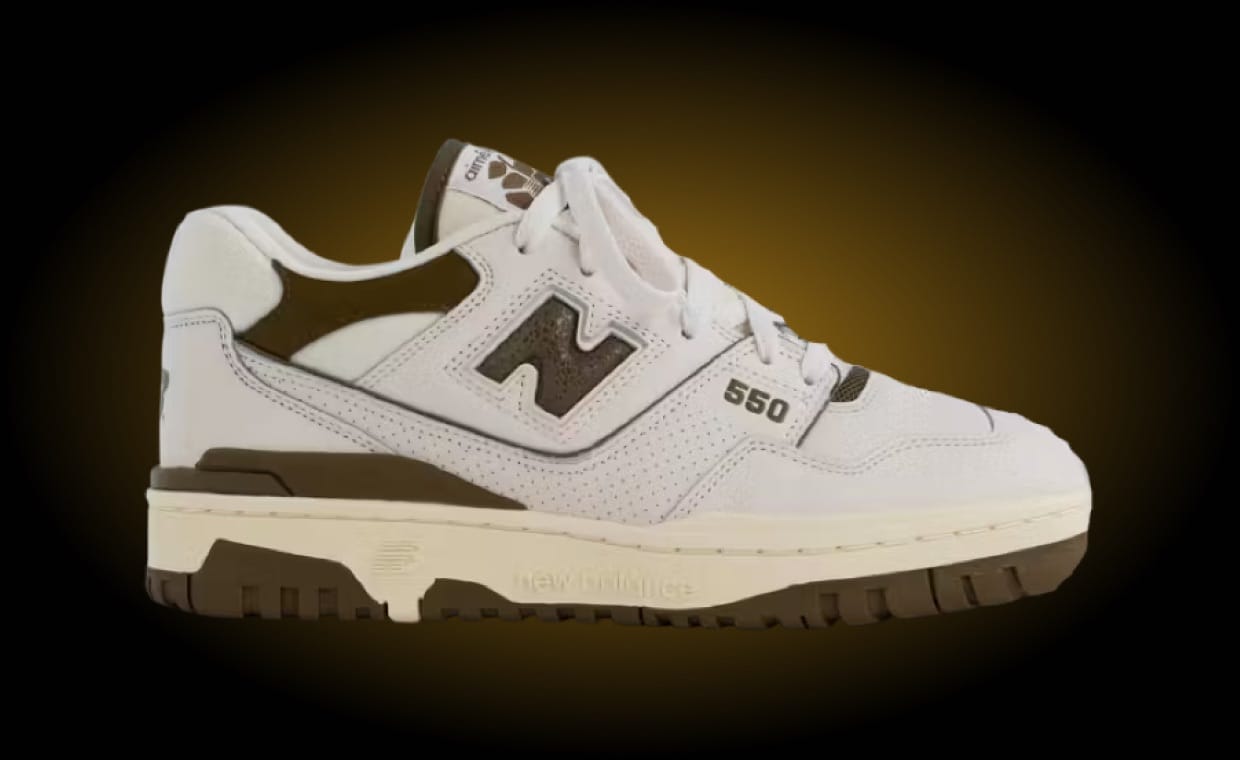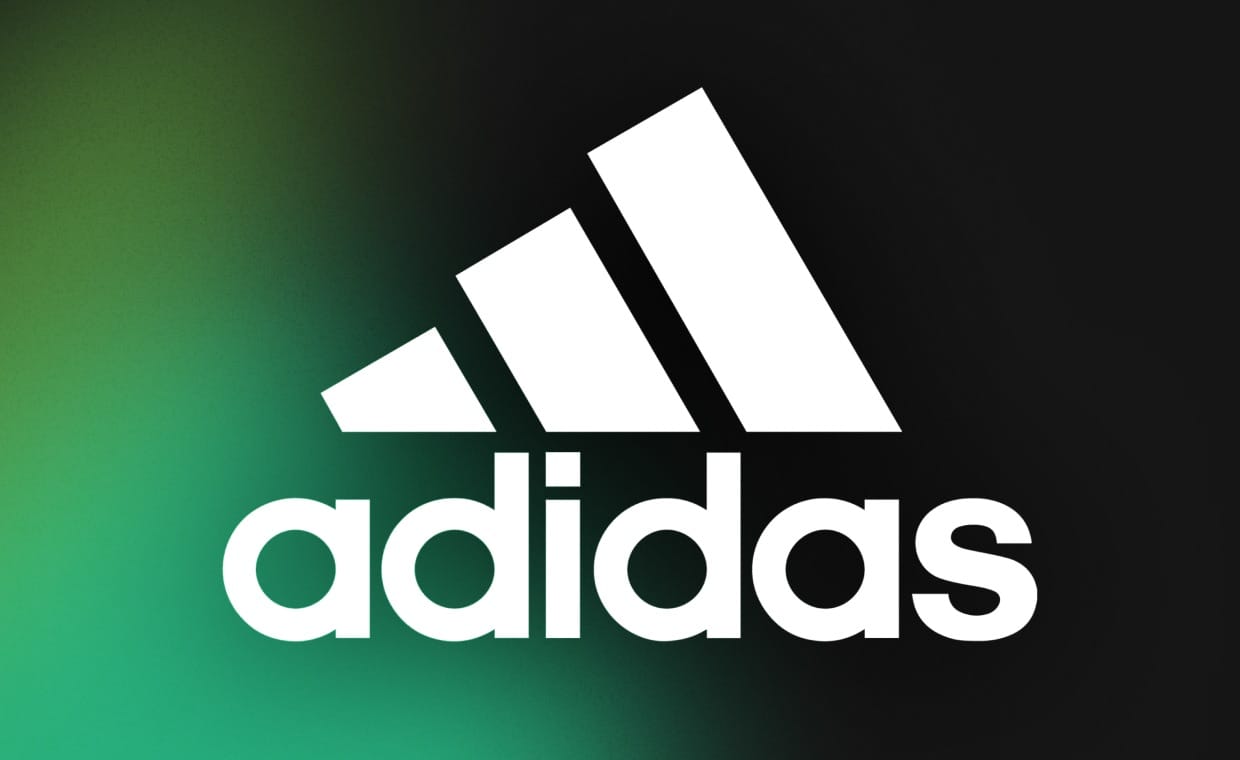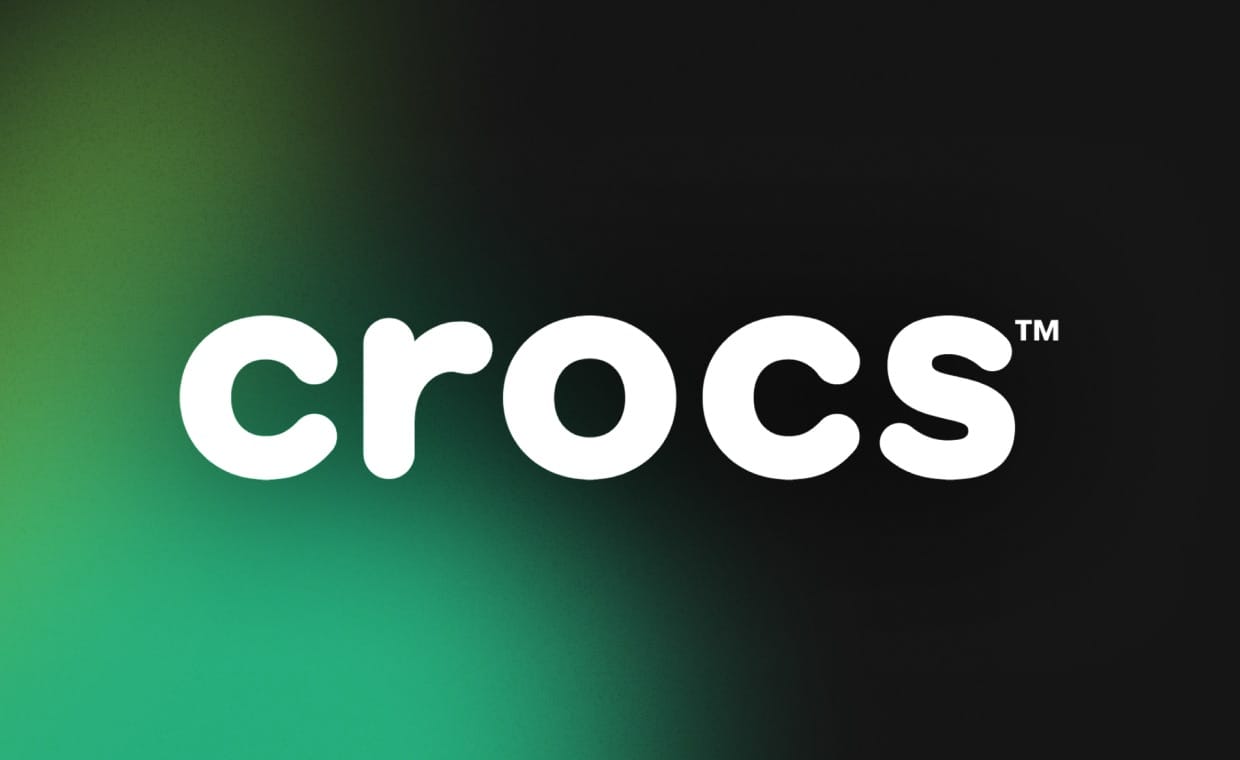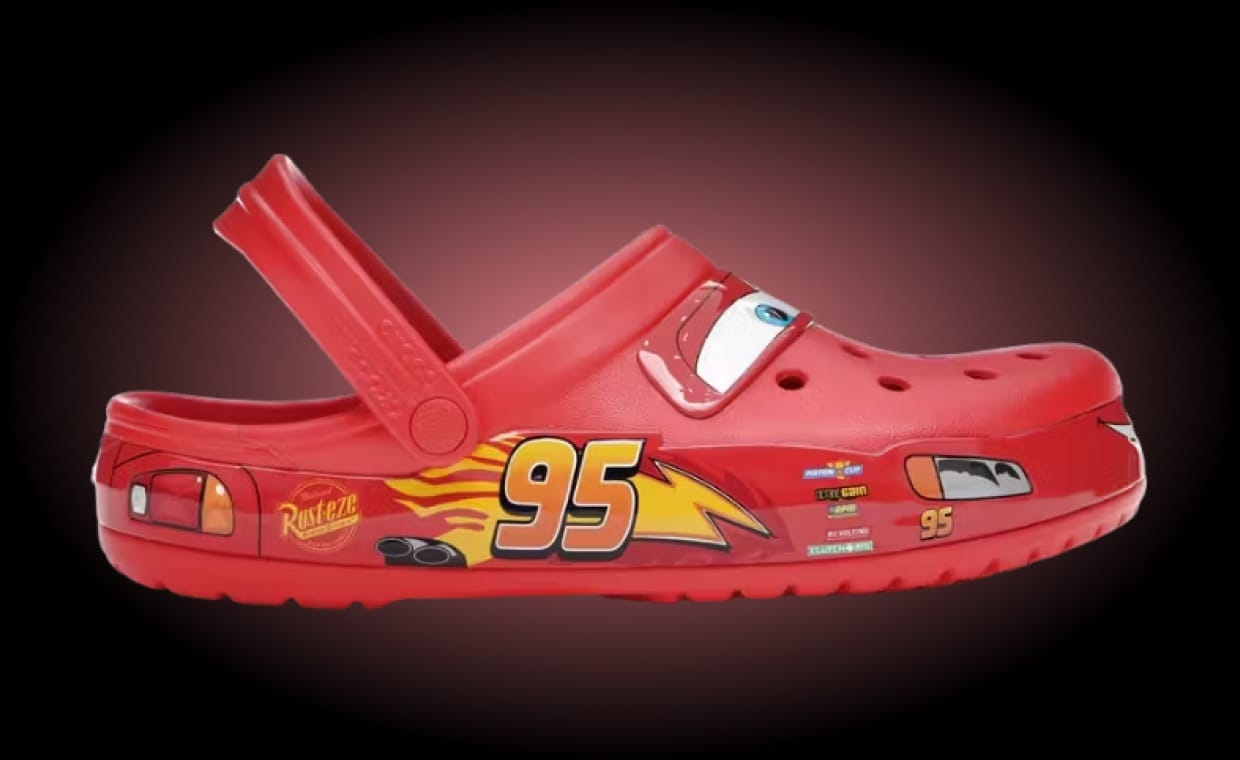Nike’s Updated Terms Of Sale Targets Resellers
Published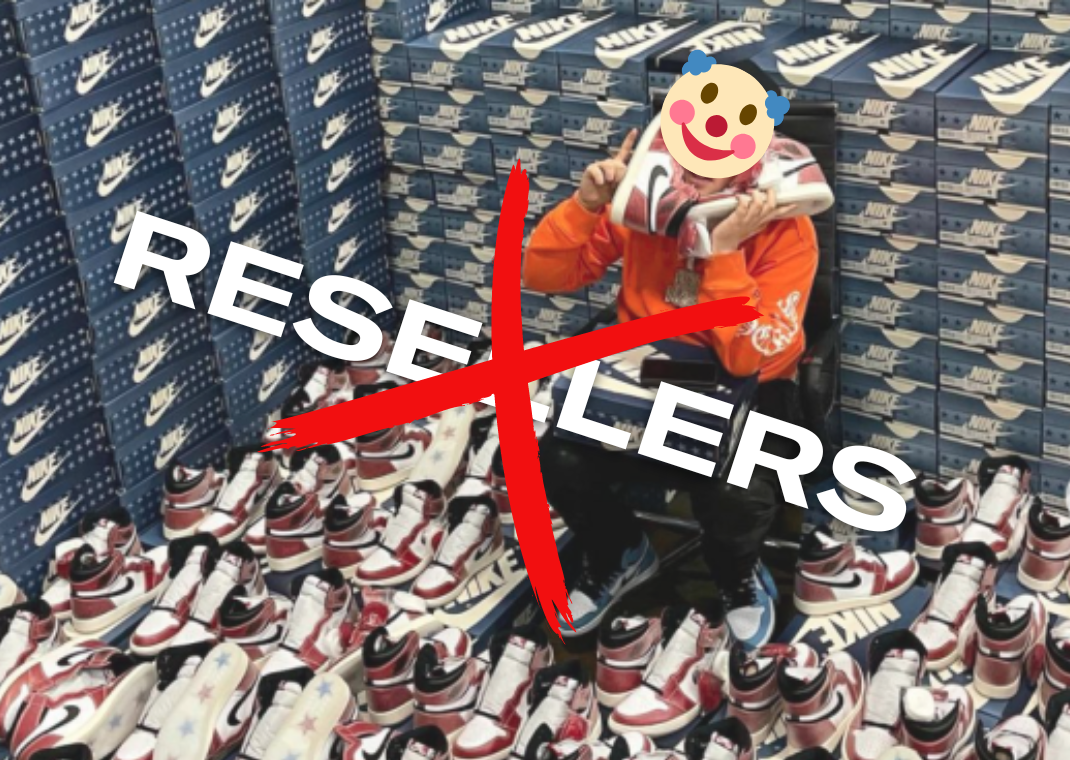
The explosion of the sneaker market in the last few years has led to a large influx of resellers joining the sneaker world, causing releases to sell out instantly and many turning to platforms like StockX, GOAT, eBay, or local hustlers who had access to these unobtainable products. Combine that with logistical nightmares caused by the COVID-19 pandemic resulted in The Swoosh being rarely able to keep shelves stocked to meet demand.
As we’ve emerged out of the darkest days of the pandemic, Nike has fortunately been able to produce enough supply to actually exceed demand at times. For the average consumer, this is a good thing, as the days of finding hot releases for decent prices are back. When it comes to resellers, however, margins are becoming much slimmer. Thanks to Nike’s generous 60-day return policy, resellers often abuse the system by returning mass amounts of pairs which have caused an inventory issue for The Swoosh. In the first financial quarter of 2022, inventory grew 65%. To combat this, it seems Nike is targeting low value customers who are often gaming the system through an updated Terms Of Sale that was amended this month.
What’s in Nike's updated policy?
Nike has added explicit terms in regard to those looking to flip pairs on the secondary market, now stating “If NIKE determines that a purchase or order is intended for resale, NIKE reserves the right… to (1) suspend the application of any NIKE policy that provides a right or benefit intended for direct to consumer purchases.” They continue with language that states they may restrict anyone suspected of purchasing for resale from purchasing directly from Nike, even stating they may charge restocking fees, impose purchase quantity limits, and decline to issue refunds or take returns.
On top of this, they’re directly referencing the use of bots when they say they may limit, decline, or reject any sales if an “order [is] placed with automated ordering software or technology.”
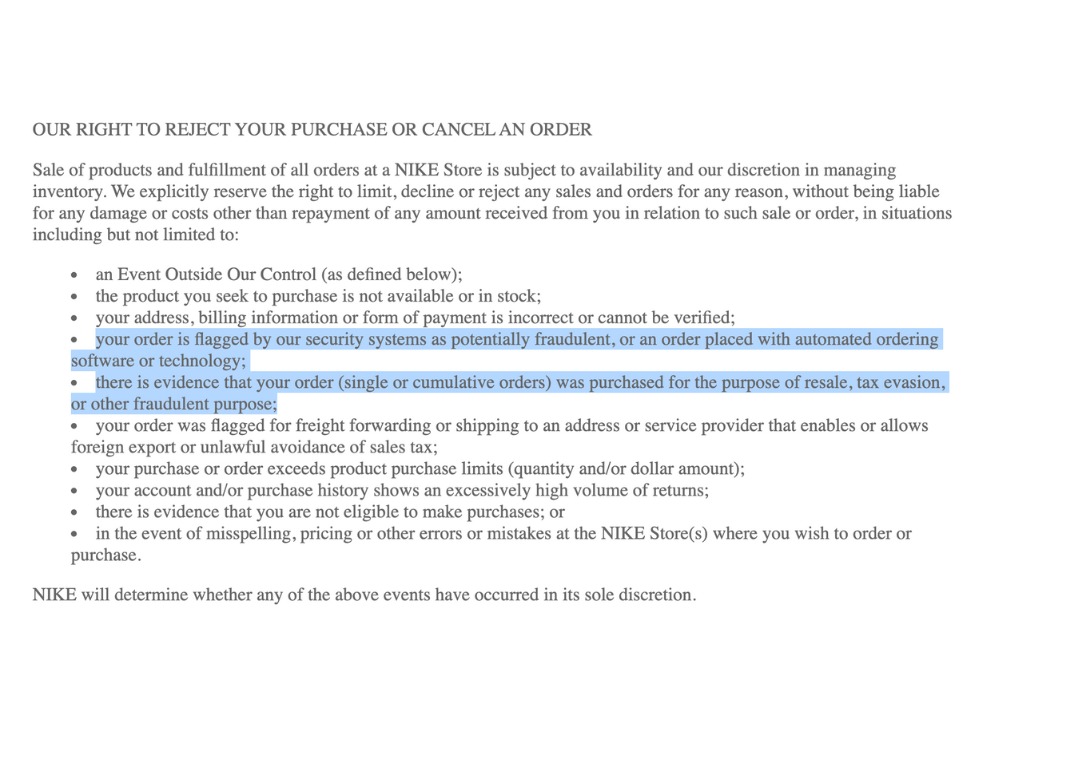
How will Nike determine who is a reseller?
Like all good lawyering, the suits at Nike have kept their terms vague with this latest amendment to their Terms of Sale. They don’t want to show their hand to those who may try to game the system and we anticipate Nike will likely will iterate on this over time. Taking a step back from what they explicitly state, there are a few points that Nike may use to determine who is solely purchasing products for resale purposes
- Users who use automated software (bots) to purchase products
- Users who purchase multiples of the same SKU repeatedly
- Users who exploit coupons and use them to purchase a large quantity of product
- Users who consistently are returning/canceling orders
Does this violate the first-sale doctrine?
In reality, no, Nike’s Terms of Sale can state you cannot purchase products for resale even with this law in place. For those unfamiliar, the first sale doctrine, codified at 17 U.S.C. § 109, provides that an individual who knowingly purchases a copy of a copyrighted work from the copyright holder receives the right to sell, display or otherwise dispose of that particular copy, notwithstanding the interests of the copyright owner. Basically, if you buy a copyrighted product (like an iPhone from Apple, sneakers, clothing, and much more) you are free to do with it what you want, such as selling it to another individual. Platforms like StockX, GOAT, and eBay are allowed to use these branded key terms and compete with the manufacturers because of the first-sale doctrine.
Really breaking things down, Nike’s policy does not explicitly state you CANNOT resell their products, but that they CAN refuse sales to customers who they deem to be purchasing for resale purposes.
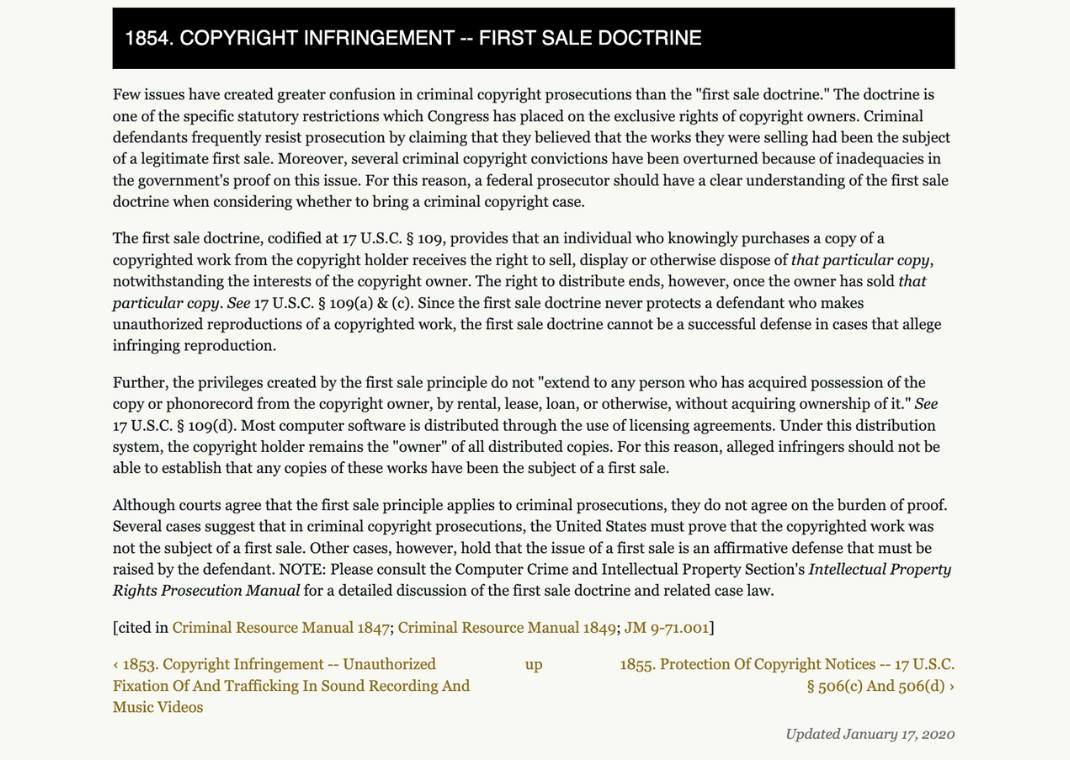
Will Nike’s updated policy stop resellers?
When it comes to the average consumer who may sell a pair of sneakers every once in a while, probably not. But for those who are dealing with a large volume of sneakers, such as ordering the same SKU repeatedly, returning a mass amount of product, or abusing coupons - maybe. Nike’s updated policy states they could cancel orders from customers they deem to be purchasing with the intent to resell, affecting things on the frontend when it comes to transactions and on the backend by charging restocking fees/refusing product returns.
For those who think they can just create a new account and continue to buy products from Nike after receiving a ban/suspension, think otherwise. Nike can easily identify users based on their IP address, credit card information, addresses, or any personal information that would be required to create a new account. If a user is doing things that cost Nike money at scale, there is a high likelihood that they are going to need to get creative to continue their hustle. It remains to be seen how far Nike will take this and whether it will be enforced but the terms have been set!
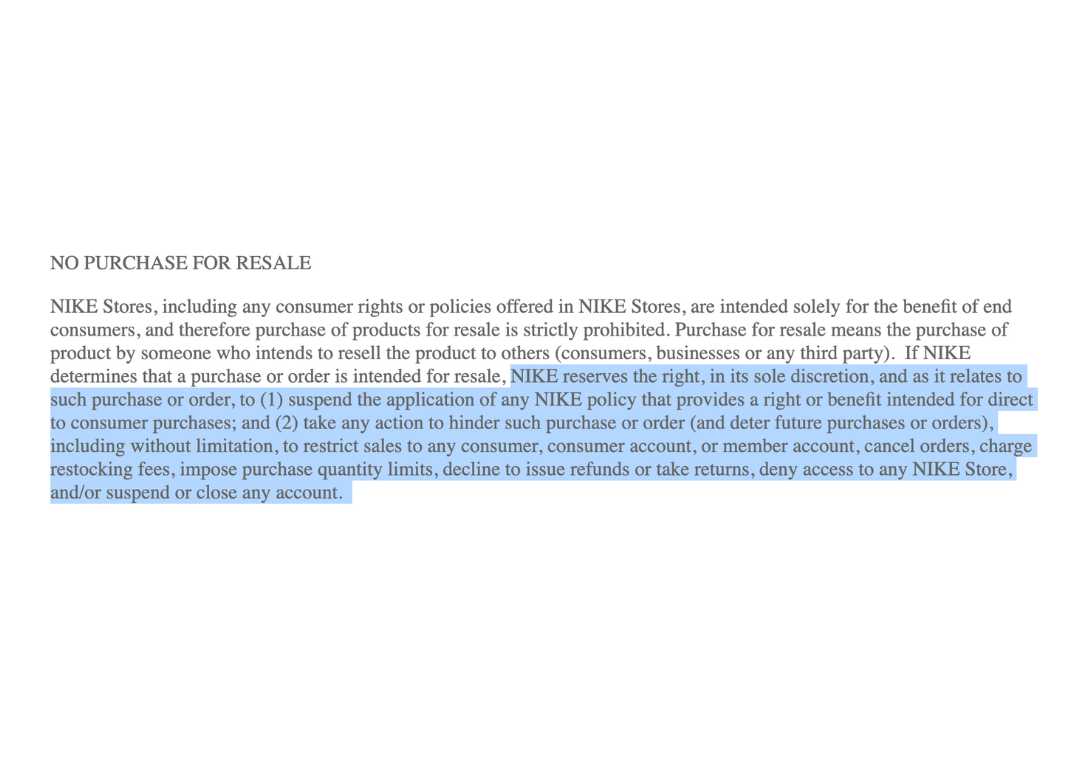
Takeaways
- Nike's updated Terms of Sale targets customers who are costing them money, reseller or not
- Nike's policy will impact customers who continually game the system
- Nike has the right to refuse sale and adjust terms as they see fit
- Casual resellers will likely be ok, but bulk buyers and "brick flippers" may be in trouble

Sneakerhead from South Florida who turned his passion into a career. When not writing for Sole Retriever, I enjoy attending concerts and catching the latest movies. Email: nick@soleretriever.com
